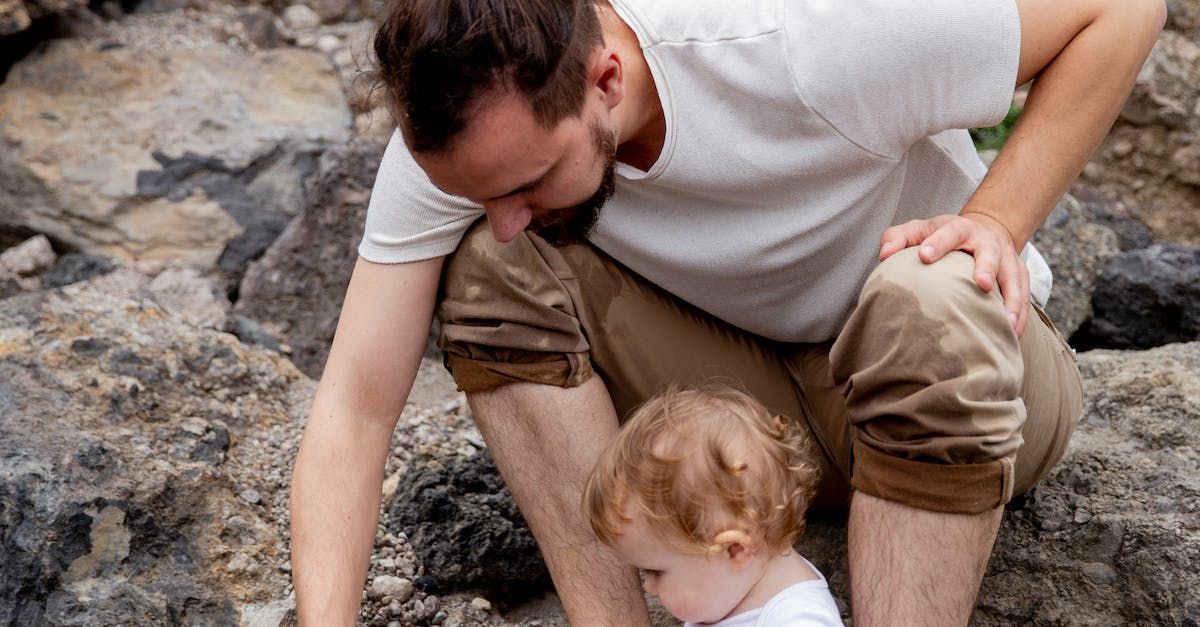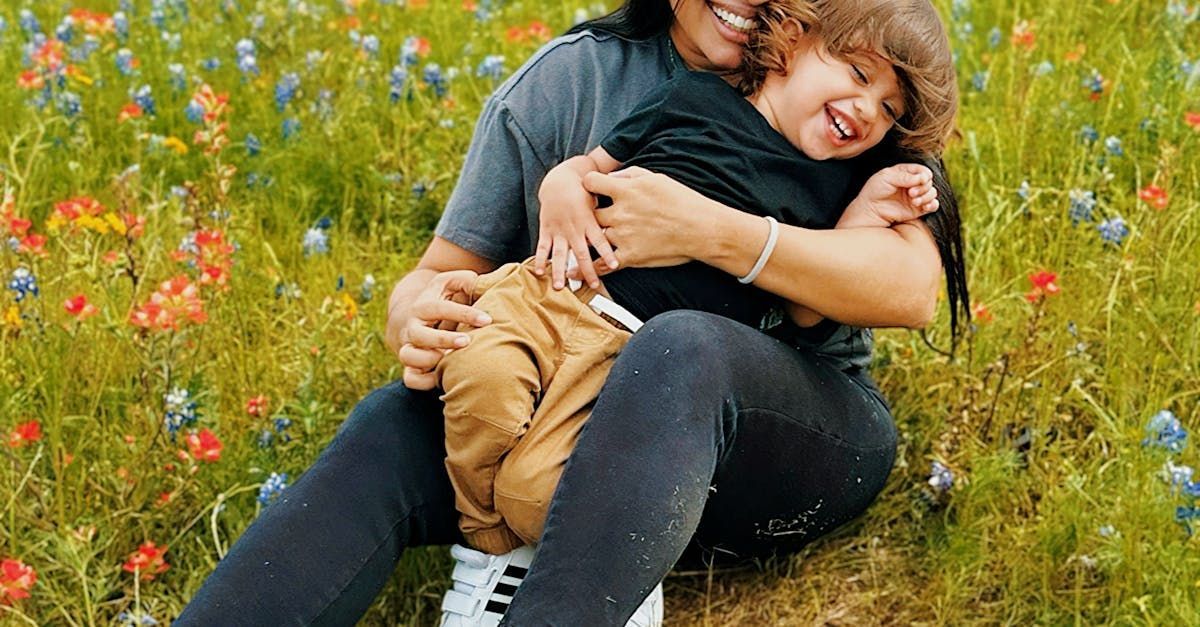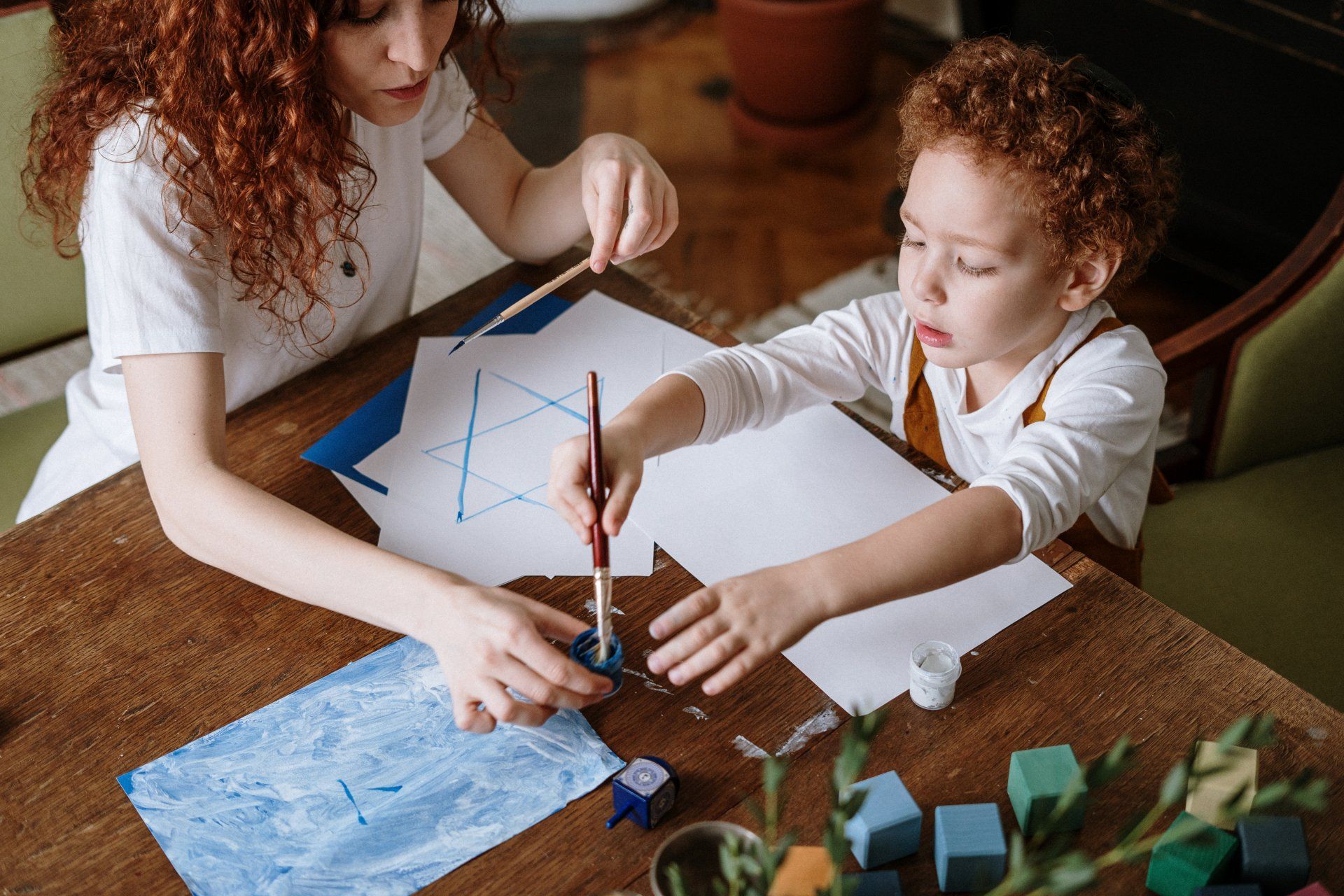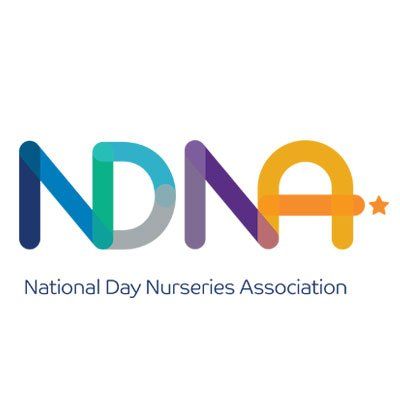Exploring Nature with Young Children: A Comprehensive Guide
Exploring Nature with Young Children: A Comprehensive Guide

Exploring nature with young children (ages 0-5) is an essential activity that fosters their overall development. Nature provides a unique, interactive learning environment that stimulates children's physical, emotional, and cognitive growth. This blog aims to educate parents and early years educators on the importance of nature exploration and provide practical tips and activities to engage young children with the natural world.
Benefits of Exploring Nature with Young Children
Nature exploration offers numerous benefits for young children:
Physical Benefits: Engaging in outdoor activities helps enhance motor skills, promotes physical health, and encourages active play. Simple actions like running, jumping, and climbing help develop coordination and strength.
Emotional Benefits: Spending time in nature reduces stress, improves mood, and fosters emotional resilience. Children exposed to natural environments tend to be happier and more relaxed.
Cognitive Benefits: Nature stimulates curiosity and enhances problem-solving skills. Exploring different environments and observing natural phenomena build children's knowledge and awareness of the world around them.
Seasonal Nature Activities for Young Children
Spring:
- Planting Seeds: Encourage children to plant flowers or vegetables. This activity teaches responsibility and the basics of biology.
- Observing Insects: Use magnifying glasses to observe insects and discuss their roles in the ecosystem.
- Sensory Nature Walks: Take children on walks to explore different textures, sounds, and sights in nature.
Summer:
- Water Play: Set up a water play area with buckets, cups, and small water toys. This activity is excellent for sensory development and cooling off during hot days.
- Sand Exploration: Create a sandbox or visit a beach for digging and building activities.
- Simple Hikes: Explore easy trails to introduce children to hiking and the joys of outdoor adventures.
Autumn:
- Leaf Collection: Collect leaves of different shapes and colours to create a collage or nature book.
- Exploring Colours and Textures: Discuss the changing colours and textures of leaves and plants.
- Nature Crafts: Use natural materials like leaves, acorns, and pinecones to make art projects.
Winter:
- Snow Play: Encourage activities like building snowmen, making snow angels, and having snowball fights.
- Identifying Animal Tracks: Look for animal tracks in the snow and discuss which animals might have made them.
- Winter Scavenger Hunts: Create a list of items to find in nature during winter walks.
Planning Safe and Educational Nature Explorations
Choosing Safe Locations: Select age-appropriate, safe locations for nature activities. Parks, botanical gardens, and nature reserves are excellent choices.
Preparation and Equipment: Prepare adequately for outdoor adventures. Bring appropriate clothing, sunscreen, insect repellent, snacks, and a first aid kit. Ensure children are dressed for the weather and wear comfortable shoes.
Engagement Tips: Keep children engaged by incorporating storytelling, games, and interactive tasks. Use simple explanations to answer their questions and encourage curiosity.
Integrating Nature Exploration into Early Years Curriculum
Nature-Based Projects: Include projects like creating a school garden, maintaining a nature journal, or conducting outdoor science experiments. These activities help children connect theoretical learning with real-world experiences.
Collaborating with Environmental Organisations: Partner with local environmental organisations to gain resources and support. They can provide educational materials, guest speakers, and field trip opportunities.
Daily Nature Themes: Incorporate nature themes into daily routines. Use songs, stories, and art projects to reinforce the lessons learned during outdoor activities.
Resources and Materials for Nature Exploration with Young Children
Books and Guides:
- "The Very Hungry Caterpillar" by Eric Carle
- "A Little Book About ABCs" by Leo Lionni
- "National Geographic Little Kids First Big Book of Nature"
Apps and Technology:
- Seek by iNaturalist: Helps identify plants and animals.
- Nature Cat’s Great Outdoors: Provides fun nature-themed activities.
- PlantSnap: Identifies plants, flowers, and trees.
Exploration Kits:
- Bug catchers and magnifying glasses
- Child-sized binoculars
- Nature journals and crayons
Conclusion
Nature exploration is a vital part of early childhood development, offering physical, emotional, and cognitive benefits. Parents and educators can foster a love for nature in young children by incorporating seasonal activities, ensuring safe and engaging outdoor experiences, and integrating nature themes into everyday learning. Embrace the joy and wonder of exploring nature with your children and watch them grow into curious, confident, and happy individuals.
FAQ
What are the main benefits of exploring nature with young children?
Exploring nature helps in physical development, reduces stress, improves mood, and stimulates cognitive growth by encouraging curiosity and problem-solving skills.
What types of outdoor activities are safe for children aged 0-5?
Activities such as sensory walks, water play, leaf collecting, and simple nature crafts are safe and engaging for young children.
How can I integrate nature exploration into an early years curriculum?
Incorporate nature themes into daily routines, collaborate with local environmental organisations for resources, and plan hands-on projects and activities that align with educational goals.
What resources are available to help with nature exploration with young children?
Use recommended books, child-friendly apps, and nature exploration kits tailored for young children to enhance the learning experience.

















